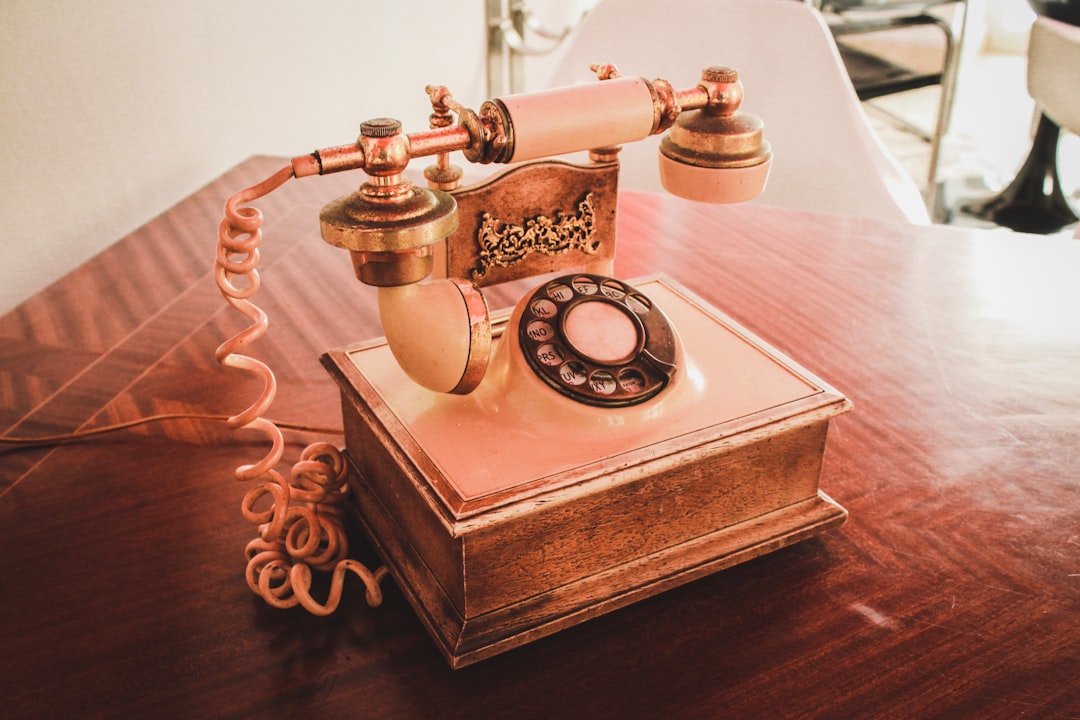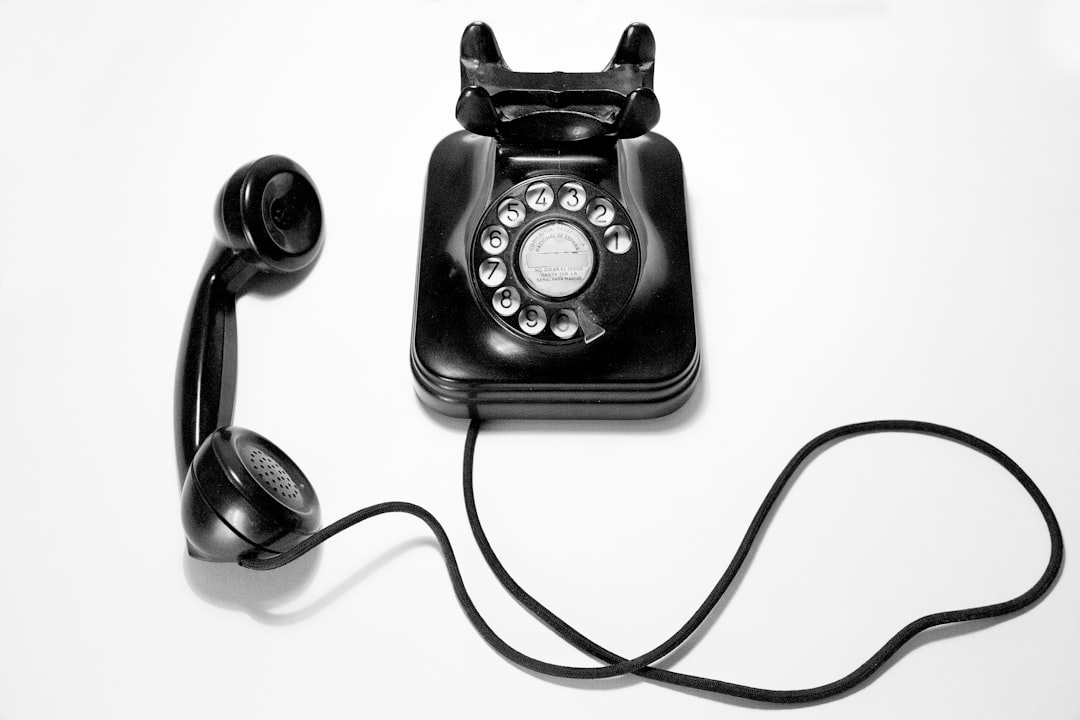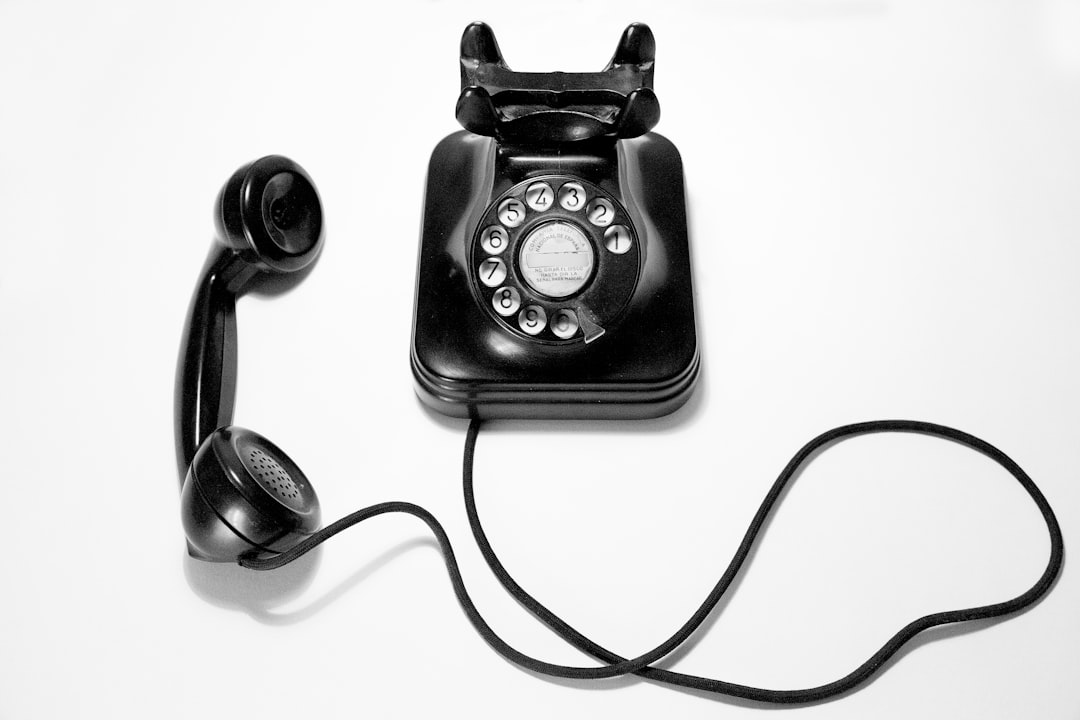In Minnesota, automated telephone calls (robocalls) are regulated by state and federal laws like the TCPA. The Attorney General's office enforces these rules. If you receive unwanted robocalls, you may sue for compensation, including emotional distress damages. Understanding your rights, gathering evidence, filing complaints with FTC or the state attorney general, and consulting a lawyer can help determine legal options, such as suing for damages within time limits. Many Minnesotans have successfully taken action against robocallers, receiving financial compensation and contributing to deterring abusive calling practices.
In today’s digital age, unwanted robocalls have become a ubiquitous nuisance. If you’re a Minnesotan tired of these persistent calls, know that understanding your rights is the first step. This article guides you through the complexities of robocall regulations in Minnesota and clarifies when—and how—you can take legal action. From recognizing legal robocall boundaries to navigating the lawsuit process, discover your options for holding perpetrators accountable and reclaiming peace from the phone’s relentless ring.
Understanding Robocalls and Minnesota Law

Robocalls, or automated telephone calls, have become a pervasive issue across the nation, including Minnesota. While many people consider them annoying, certain robocalls are illegal under state and federal laws, providing consumers with potential legal recourse. In Minnesota, the Attorney General’s office has taken action against companies for violating the Telephone Consumer Protection Act (TCPA), which restricts automated calls made to personal phones without prior consent.
If you’ve received unwanted robocalls in Minnesota, understanding your rights under the law is crucial. The TCPA allows individuals to take legal action and seek compensation for each violation, including damages for emotional distress caused by these annoying and often fraudulent calls. Knowing when and how to sue for robocalls can empower Minnesotans to protect their privacy and pocketbooks in today’s digital age.
When Is It Legal to Make Robocalls?

In Minnesota, as in many states, there are strict regulations surrounding automated telephone marketing, including robocalls. It’s generally legal for businesses or organizations to make robocalls if they comply with specific rules set forth by the Federal Communications Commission (FCC) and state laws. These rules often require clear consent from the recipient, ensuring they have opted in to receive such calls. For instance, if you’ve given permission through a sign-up form, newsletter subscription, or similar means, automated calls are permitted. However, if you haven’t explicitly agreed to receive robocalls, any such contact could be considered illegal and may entitle you to take legal action, including suing for robocalls in Minnesota.
Types of Robocall Complaints in Minnesota

Robocalls have become a persistent and frustrating issue for many Minnesotans, leading to various complaints across the state. The most common types of robocall grievances include unwanted marketing calls, fraudulent or phishing attempts, and political campaign phone calls. These automated messages often invade personal time and privacy, prompting residents to seek legal recourse when appropriate.
In Minnesota, consumers have rights protected by state laws and federal regulations. If a caller violates these guidelines by making unsolicited calls or using deceptive practices, individuals may explore legal options, including filing a complaint with the Federal Trade Commission (FTC) or taking civil action to sue for robocalls. Understanding one’s rights is crucial in navigating potential legal avenues when dealing with persistent or malicious robocallers.
The Process of Suing for Robocalls

If you’re considering legal action against a company that has been making unwanted robocalls to your Minnesota number, here’s what you should know about the process. The first step is to gather evidence—this includes recording the calls, keeping detailed logs of when and how often the calls were received, and any information about the caller, such as their name or company details. It’s crucial to act promptly; many states, including Minnesota, have strict time limits for filing complaints.
Once you have your evidence, you can file a complaint with the Federal Trade Commission (FTC) or your state’s attorney general’s office. They can investigate and take action against violators. If your case is strong and the caller has been repeatedly ignoring do-not-call requests, you may be eligible to sue in court for damages, including monetary compensation for each violation. Always consult with a legal professional experienced in consumer protection laws for personalized guidance on your Can I Sue For Robocalls Minnesota scenario.
Success Stories and Statistics in Minnesota

In recent years, numerous Minnesotans have taken legal action against robocallers, resulting in significant victories and financial recompense. These can I sue for robocalls Minnesota cases have sent a clear message to telemarketers and collection agencies that abusive calling practices will not be tolerated. Statistics reveal that many of these lawsuits have been successful, with plaintiffs receiving substantial damages for their troubles.
According to the Better Business Bureau, Minnesota consumers filed over 150 complaints regarding robocalls in 2022 alone, showcasing the pervasive nature of this issue. While it’s challenging to quantify the exact number of successful lawsuits, several high-profile cases have garnered media attention. These successes have not only provided financial relief for victims but also set precedents that can strengthen future legal actions against unwanted robocalls.






